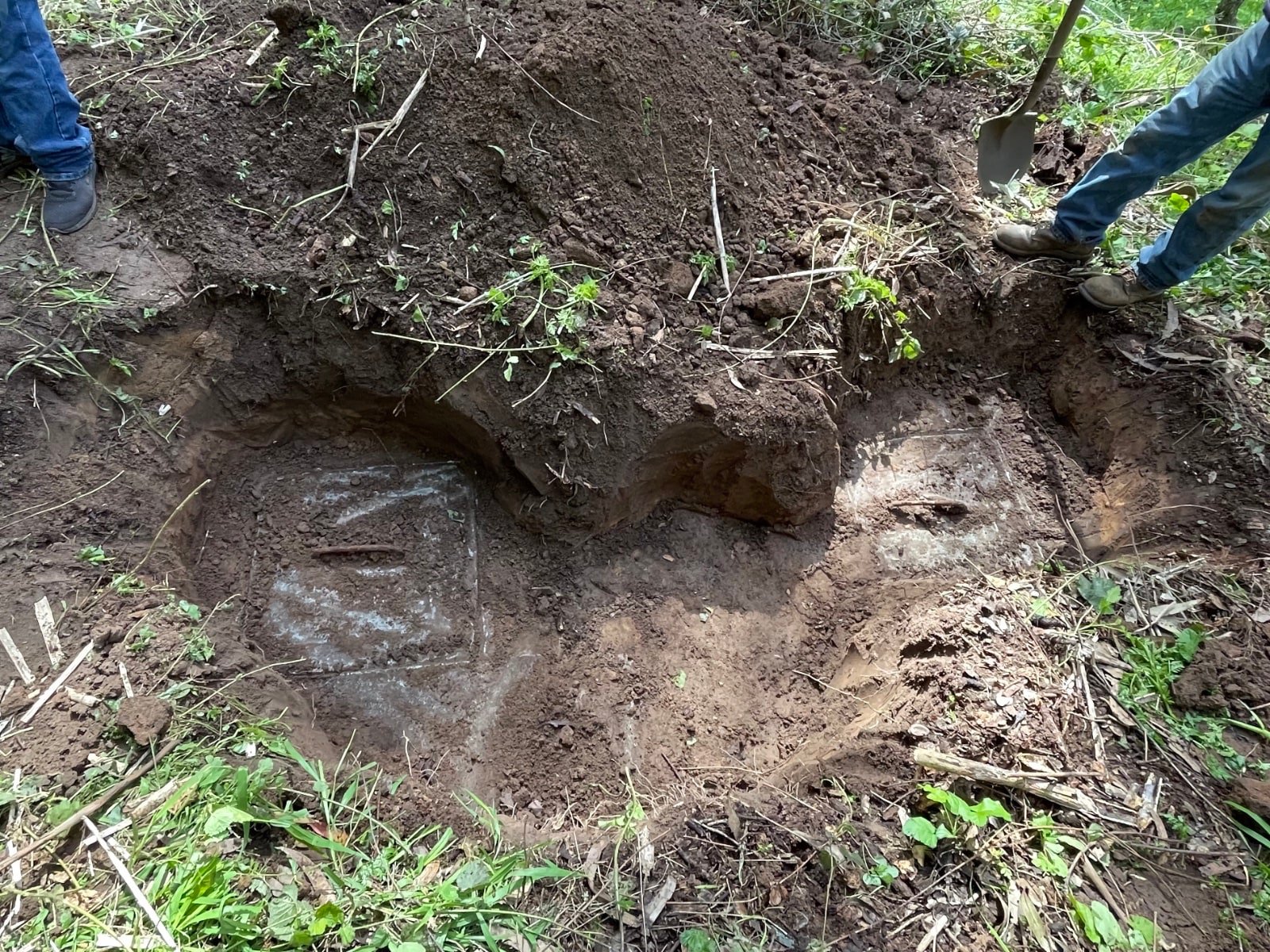Santa Cruz County in California is known for its picturesque landscapes, pristine beaches, and vibrant communities. However, many homeowners in the county have to deal with a unique challenge – managing their septic systems. In fact, Santa Cruz County has one of the highest per-capita usages of septic systems in California. In 2023, the Santa Cruz County Board of Supervisors approved changes to the existing septic system ordinance, driven by the updated requirements of the State of California. This guide to the Santa Cruz County septic inspection ordinance aims to provide a detailed analysis of these changes, their implications for homeowners, real estate agents, and the broader community.
Introduction
Santa Cruz County, like many other regions in California, relies heavily on onsite wastewater treatment systems (OWTS), also known as septic systems, for waste management. These systems are essential for properties that are not connected to a centralized sewage system. Managing septic systems effectively is critical to maintaining public health and environmental safety.
What is a Septic System?
A septic system is an onsite sewage facility that treats wastewater from a home or business. It typically consists of a septic tank and a drain field. The tank holds the wastewater long enough for solids to settle at the bottom, forming sludge, while oil and grease float to the top as scum. The area between the two layers contains liquid wastewater that can flow out to the drain field for further treatment, naturally over time, by the soil.
Why the Need for New Septic System Regulations in Santa Cruz?
The primary reason for the new septic system regulations in Santa Cruz County is to ensure that the septic systems in county are in compliance with state and local regulations. The essence is to protect homebuyers and the environment by ensuring that septic systems are in good working order prior to any change in ownership or major home expansions or remodels.
Understanding the Key Changes
The new ordinance introduces several changes to the management and inspection of septic systems in Santa Cruz County. Here are the key takeaways:
- Home Sales: Sellers of homes with septic systems must have their systems professionally pumped and inspected before the sale. The seller must also provide the buyer with a standard disclosure form detailing septic information, along with any active annual service agreement documents.
- Responsibility for Repairs: The new septic system regulations in Santa Cruz County make the seller is responsible for any necessary repairs, unless the buyer and seller agree to transfer this responsibility to the buyer during the sales process.
- Effective Date: The new requirements will take effect from July 1, 2023.
Implications for Homeowners
The new regulations have significant implications for homeowners in Santa Cruz County. Homeowners who plan to sell their property need to ensure their septic systems are in good working condition. This may entail additional costs for inspection and potential repairs or replacement at time of sale.
However, the Santa Cruz County septic regulations have implications for homeowners beyond only the sale of their homes. There are any number of situations which may necessitate an upgrade, repair, or replacement of an existing septic system, such as:
- Adding a bedroom or sleeping area.
- Constructing an Accessory Dwelling Unit (ADU) or other buildings.
- Expanding the property by over 500 square feet. (Note: If a prior owner has already expanded up to 500 square feet, any further expansion might necessitate upgrading your septic system).
- Altering the use of the property in a way that increases wastewater output beyond the rated capacity.
- Any previous unauthorized modifications to the OWTS or buildings on the site.
Implications for Real Estate Transactions
Real estate agents, buyers, and sellers need to be aware of these new septic system regulations in Santa Cruz County and their potential impact on real estate transactions. Real estate agents should inform their clients about these requirements. Buyers, on the other hand, should ensure that the seller has complied with these regulations before proceeding with the purchase.
Buyers are advised to inspect all aspects of the septic system(s) at whatever home(s) they are interested in purchasing. The seller may provide a current septic inspection and report, which is common (but not universal) practice. However, the seller may not provide the complete set of septic records for the property, which may be obtained by anyone online at https://scceh.com/NewHome/EnvironmentalHealthDocuments.aspx
While it is a requirement that the septic system be inspected no earlier than twelve months prior to resale, some agents are not aware of the they also require clearance from the Environmental Health Department of the County of Santa Cruz. After the septic system is pumped and inspected, the report needs to be sent to Santa Cruz County, which will review the pumper’s septic inspection report. Upon review, they will likely require that the septic system be repaired, or in the event of an outright leach field failure, may put the seller on notice that the system requires replacement.
You can download a sample report that the Santa Cruz County Environmental Health Department uses to review septic reports.
A standard disclosure form was created to advise the public about these updated septic system regulations in Santa Cruz county. You can download that form here. Anyone buying or selling a home with a septic system in Santa Cruz county should carefully review that disclosure form to understand many of the intricacies of owning or buying or selling a home with a septic system in Santa Cruz County.
Reactions from the Community
The new regulations have elicited mixed reactions from the community. Some residents expressed concerns that the new requirements could slow down the sales process and increase costs in an already expensive housing environment. However, environmental health staff maintain that the new regulations are necessary to protect local water sources from contamination.
Navigating the New Regulations
Navigating these new septic system regulations in Santa Cruz County may seem daunting, but homeowners and prospective homebuyers can take certain steps to ensure compliance:
- Engage a Professional: Homeowners looking to sell should engage a professional to inspect and pump their septic systems before listing their property for sale.
- Understand the Disclosure Form: Both sellers and buyers need to understand the disclosure form and what it means for their transaction. They should consult with a real estate professional or legal advisor if they have any questions.
- Plan for Potential Costs: Sellers should plan for potential repair or replacement costs. They can negotiate with the buyer to share these costs as part of the sales negotiation process.
Key Takeaways
The new septic system regulations in Santa Cruz County are a significant development that homeowners and buyers alike need to be aware of. While they may introduce additional requirements and potential costs, they are ultimately aimed at protecting public health and the environment.
The new septic system regulations in Santa Cruz County offer a fresh set of challenges for homeowners and real estate professionals. By understanding these changes and their implications, stakeholders can navigate this new landscape effectively and ensure compliance. Ultimately, these regulations serve to uphold the county’s commitment to environmental health and safety.
Septic Leach Field Repair Video
Septic System Flow Test Video
Santa Cruz County Luxury Homes For Sale
2
3
4
5
6
7
8
9
10
11
12
13
14
15
16
17
18
19
20
21
22
23
24
25





